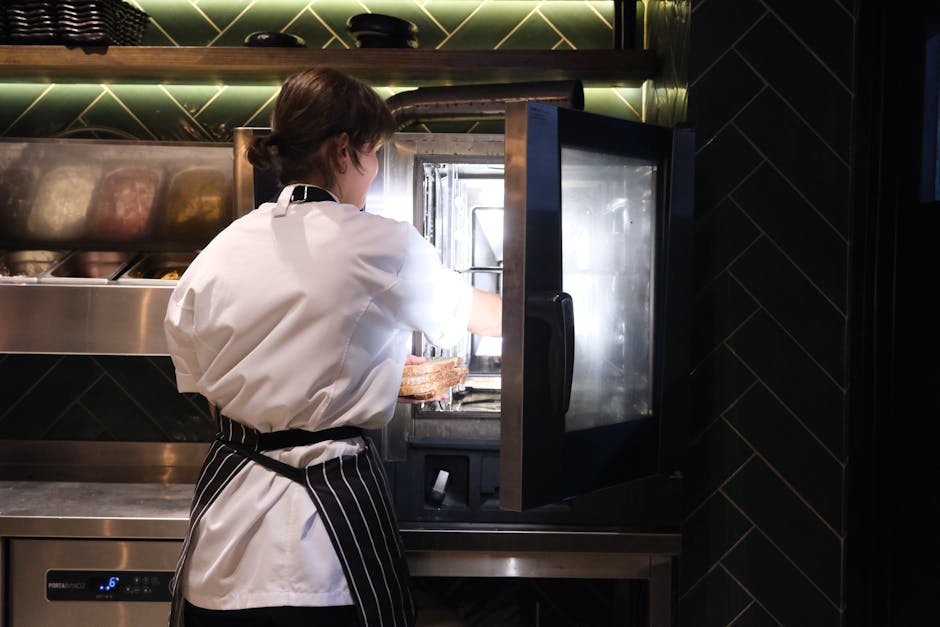UAE Hospitality Visa Process
Understanding the UAE Hospitality Visa for Catering Sector
The UAE hospitality visa is a specialized permit designed specifically for workers in food service, hotel, and catering industries. Unlike general employment visas, this category recognizes the unique requirements of hospitality businesses. Additionally, it streamlines the process for employers who need to staff quickly for events, restaurants, or catering services. The Ministry of Human Resources and Emiratisation (MOHRE) and the Federal Authority for Identity and Citizenship (ICA) jointly regulate these visas.
To qualify, catering companies must demonstrate valid trade licenses specifically covering hospitality activities. Furthermore, they need to meet quota restrictions based on company size and capitalization. According to recent data, the Dubai hospitality sector employs over 400,000 professionals, making proper visa processing essential for industry growth.
Eligibility Requirements for Catering Employers
Before initiating the UAE hospitality visa process, catering employers must verify their eligibility. First, the company must hold a valid trade license with hospitality-related activities. Second, the business must meet minimum capitalization requirements set by UAE authorities. Typically, this ranges from AED 300,000 to AED 1 million depending on emirate-specific regulations.
Additionally, employers must have adequate office space and facilities for employees. They must also maintain proper Wage Protection System (WPS) compliance and provide health insurance coverage. Importantly, companies cannot have outstanding violations or black points from previous employment cases.
Step-by-Step Hospitality Visa Application Process
Phase 1: Pre-Approval and Documentation
Initially, employers must obtain necessary pre-approvals from relevant authorities. This includes:
- Submit company documentation to MOHRE
- Apply for quota approval for new employees
- Obtain entry permit for prospective employee
Phase 2: Employee Entry and Medical Processing
Once entry permit is approved, the employee can enter UAE. Subsequently, they must complete:
- Medical fitness test at approved health centers
- Chest X-ray and blood tests for infectious diseases
- Emirates ID registration and biometrics
Phase 3: Visa Issuance and Labor Contract
After clearing medical tests, employers must:
- Sign official labor contract with employee
- Submit contract to MOHRE for approval
- Apply for residency visa stamping in passport
Key Documentation for UAE Hospitality Visa
Catering employers must prepare extensive documentation for the hospitality visa process. Essential documents include:
- Company trade license copy (attested)
- Employer’s Emirates ID and passport copy
- Employee’s educational certificates and experience letters
- Passport copies with minimum 6 months validity
- Passport-size photographs with white background
- Approved labor contract from MOHRE
- Health insurance policy for employee
Additionally, certain positions may require special clearances or additional certifications. For example, food handlers must complete food safety training and obtain relevant permits from municipal authorities.
Common Challenges in Hospitality Visa Processing
Catering employers often face several challenges during the UAE hospitality visa process. Frequently, documentation issues cause significant delays. Incomplete forms, unauthenticated certificates, or expired passports can reject applications. Moreover, medical test failures remain a common obstacle, particularly for positions requiring direct food handling.
Additionally, changing regulations can create confusion. The UAE government frequently updates immigration policies to meet economic needs. Consequently, employers must stay current with latest requirements from ICA. Quota restrictions based on company size also present challenges for growing catering businesses.
Cost Breakdown of UAE Hospitality Visa
Understanding costs is crucial for catering employers budgeting for new staff. Typical expenses include:
- Application fees: AED 200-500
- Entry permit: AED 500-1,000
- Medical testing: AED 500-700
- Emirates ID: AED 270-370
- Visa stamping: AED 500-1,000
- Security deposit: AED 3,000 (refundable)
- Health insurance: AED 500-2,000 annually
Additionally, employers should budget for potential additional costs like document attestation, translation services, and emergency processing fees. Total costs typically range from AED 5,000 to AED 7,000 per employee for standard processing.
Recent Changes to UAE Immigration Policies
The UAE government has implemented significant changes to immigration policies affecting hospitality visas. Recently, they introduced new categories for freelance and part-time workers in the catering sector. Additionally, green visa options now provide longer-term residency for skilled hospitality professionals.
Moreover, digital transformation has streamlined many processes. According to government statistics, 90% of visa services are now available online through smart platforms. This reduces processing times from weeks to days in many cases. However, employers must adapt to these digital systems and ensure proper document scanning and uploads.
Tips for Smooth Hospitality Visa Processing
Successful UAE hospitality visa processing requires careful planning and attention to detail. First, always verify current requirements before starting applications. Regulations change frequently, and outdated information causes rejections. Second, maintain complete and organized documentation for all employees.
Third, consider working with experienced PRO services who understand catering sector specifics. They can navigate complex requirements and expedite processing. Fourth, implement digital record-keeping to track application status and renewal deadlines. Finally, build relationships with free zone authorities or mainland processing centers for priority handling during peak seasons.
FAQs: UAE Hospitality Visa for Catering Employers
What is the processing time for UAE hospitality visa?
Standard processing takes 2-3 weeks for complete hospitality visa issuance. However, expedited options can reduce this to 7-10 days for additional fees.
Can catering workers transfer hospitality visas between employers?
Yes, but specific conditions apply. Employees must complete minimum contract periods and obtain no-objection certificates from previous sponsors.
What are common medical test reasons for hospitality visa rejection?
Tuberculosis, HIV, hepatitis, and other infectious diseases typically result in rejection. Food handlers face additional screening for gastrointestinal illnesses.
How long are UAE hospitality visas valid?
Standard hospitality visas are typically valid for 2-3 years, renewable upon expiration. Certain positions may qualify for longer-term green visas.
Can catering businesses sponsor family visas for employees?
Yes, provided employees meet minimum salary requirements (typically AED 3,000-4,000 monthly) and have appropriate accommodation arrangements.
Conclusion: Mastering the UAE Hospitality Visa Process
In conclusion, navigating the UAE hospitality visa process requires detailed understanding of specific requirements for catering employers. From initial eligibility checks to final visa issuance, each step demands careful attention to documentation and compliance. Furthermore, staying updated with regulatory changes ensures smooth processing and avoids costly delays. Ultimately, proper visa management enables catering businesses to secure skilled talent and maintain operational excellence. Finally, remember that professional guidance can significantly simplify this complex process. For personalized assistance with your hospitality visa needs, contact our expert team today or explore our comprehensive resource library for additional guidance.




